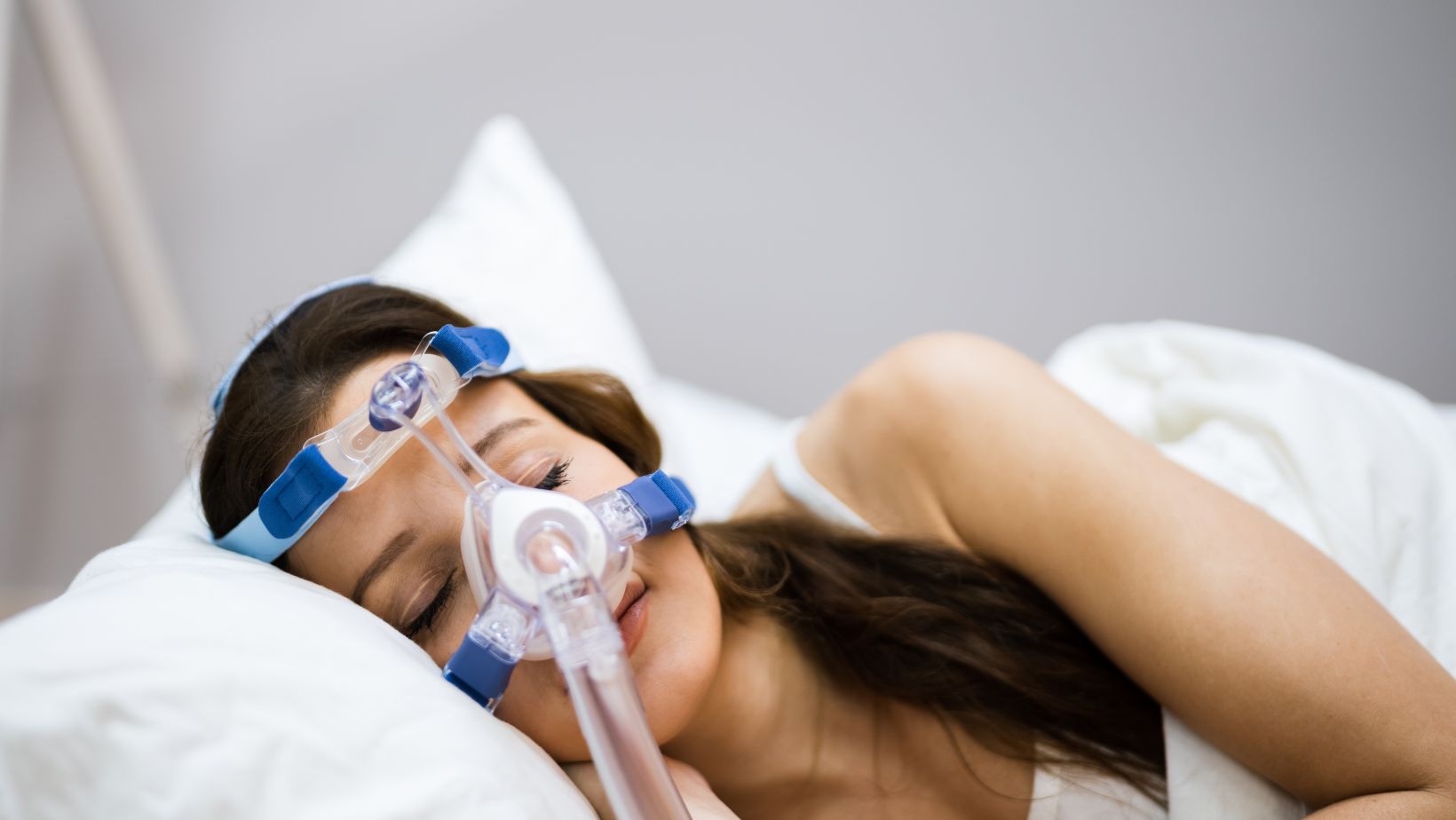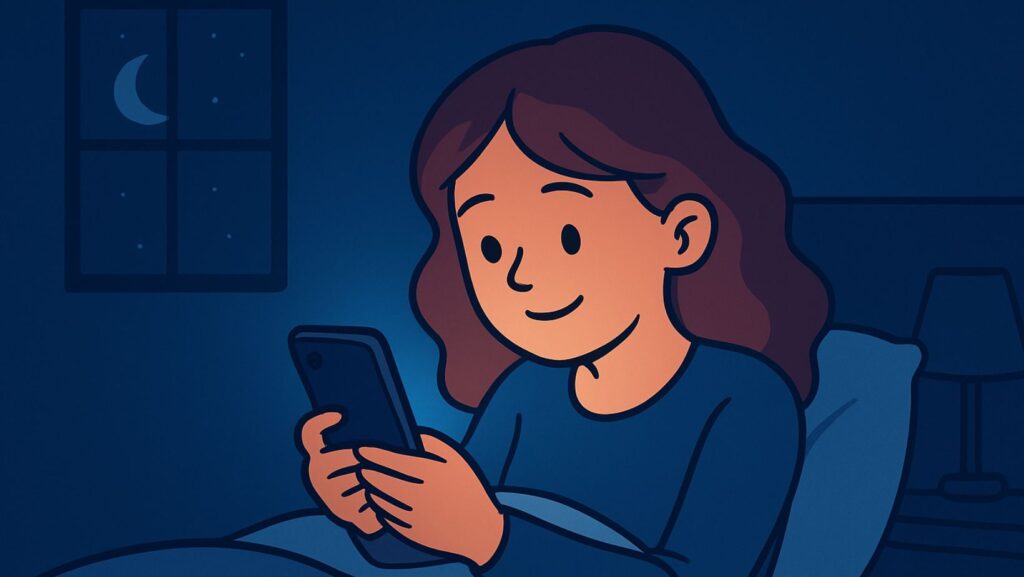It’s evening. You’re lying in bed, lazily scrolling through your phone, replying to the last few messages or finishing another episode of your favorite series. It seems like an innocent habit, but it could be the reason behind sleepless nights, morning fatigue, and chronic sleep deprivation.
Modern gadgets — smartphones, tablets, laptops — have long become an integral part of our daily lives. Some people even work online or earn money through gadgets in other ways, such as hitting the jackpot at australianbestcasino.com or posting videos on YouTube. But science has repeatedly shown that using them before bed directly affects the quality of our rest. In this article, we’ll look at what research says about the impact of screens on sleep and share practical tips to protect yourself from the negative effects and finally get a good sleep.
What the Research Says
Numerous studies in recent years confirm that using electronic devices before bed negatively affects the entire sleep cycle. The first thing to suffer is how quickly you fall asleep, as it becomes harder to relax and drift off.
Melatonin, the hormone responsible for regulating the sleep-wake cycle, is suppressed by blue light exposure, making it harder to fall asleep.
Research from Harvard Medical School has shown that blue light exposure two to three hours before bedtime can delay the body’s internal clock by nearly an hour and cut melatonin production in half.
The quality of sleep also suffers. It becomes lighter, with a reduced duration of the deep-sleep stage that is essential for full recovery. As a result, even if you spend your usual number of hours in bed, you may still wake up feeling tired, sluggish, and less focused.
The main culprit here is blue light, which is actively emitted by smartphone, tablet, laptop, and TV screens. The brain interprets this type of light as daylight, suppressing the production of melatonin, the sleep hormone that relaxes the body and triggers drowsiness.
The longer a person uses gadgets before bed, the more their biological rhythms are disrupted. Children and teenagers are especially sensitive to blue light, as their nervous systems are not yet fully stabilized. Scientific evidence shows that even 30 minutes of gadget use before bedtime can reduce sleep quality and affect how you feel the next day.
Gadgets and Sleep Quality
Studies from the American Academy of Sleep Medicine confirm that people who use smartphones or tablets before bed sleep less deeply, wake up more often during the night, and are more likely to feel tired in the morning.
Experiments show that even short gadget sessions within an hour before bed can impair the deep-sleep phase, which is critical for full recovery.
Mental Load and How to Reduce Screen-Related Harm
Using gadgets before bed affects your emotional state. Evening interactions with content — messaging, scrolling through news feeds, responding to work notifications — stimulate the mind and prevent it from entering a relaxed state.
The effect is particularly strong if you encounter stressful or negative information. Instead of preparing for sleep, you become mentally engaged, which makes it harder to fall asleep and lowers sleep quality.
Mental stimulation from evening screen use is one of the main drivers of “digital insomnia.”
Completely avoiding gadgets before bed is hard, but there are ways to reduce their negative effects:
- Limit screen time before bed. One of the most effective ways to improve sleep quality is to reduce device use in the evening. Switching to calm activities 1-2 hours before bedtime, such as reading a printed book, doing breathing exercises, or listening to relaxing music, helps the nervous system slow down and allows the body to transition gently into rest mode. This habit promotes natural sleep onset and reduces external stimulation.
- Use night mode. Most modern devices have built-in blue light reduction features (night mode, reading mode). Enabling them in the evening can ease eye strain and reduce the screen’s impact on melatonin production.
- Adjust your room lighting. Bright, cool-toned lighting can also suppress melatonin. In the evening, opt for warm, soft lighting to create a calm, sleep-friendly atmosphere.
- Set digital boundaries. If it’s hard to disconnect on your own, use apps that limit access to social media and notifications in the evening. This helps form healthier habits.
- Turn on Do Not Disturb mode. To avoid waking up at night, disable notifications in advance or switch your phone to airplane mode. Even silent alerts can disrupt your sleep cycle.

Gadgets are part of modern life, but unrestricted use — especially before bed — can harm your health. Scientific research is clear: screens disrupt biological rhythms, suppress melatonin production, and reduce sleep quality.
By consciously managing device use in the evening, you can minimize these effects. Simple steps, like limiting screen time, enabling night mode, and creating a comfortable environment, will help protect your sleep and improve your well-being. Taking care of your rest means taking care of your overall health.




